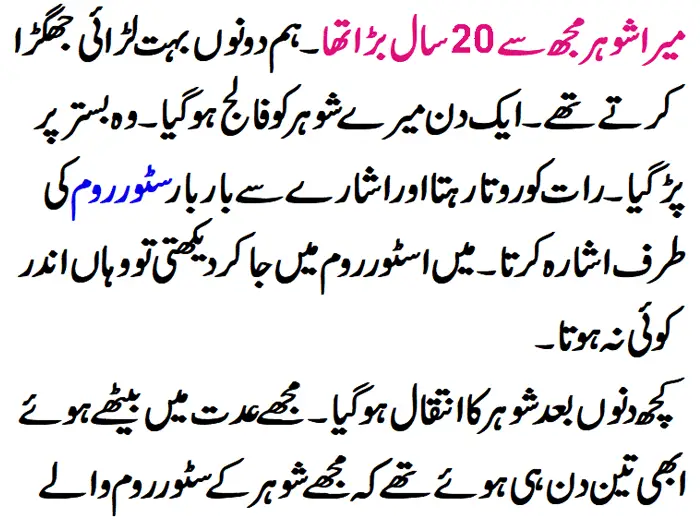1. Introduction Knowing About Diabetes
The body’s ability to process glucose (sugar), a vital source of energy for your cells, is impacted by diabetes, a chronic condition. There are a few kinds of diabetes, with Type 1 and Type 2 being the most widely recognized. Diabetes must be managed properly to avoid complications like vision problems, kidney failure, and heart disease.
Significance of Overseeing Diabetes
Overseeing diabetes really includes adjusting your eating routine, exercise, and prescriptions, while likewise checking your glucose levels. Diabetes patients can reduce their risk of complications and lead healthy, active lives with the right strategies.
Overview of the Content of the Article
This article will provide comprehensive diabetes management advice, including suggestions for diet, exercise, medication management, stress management, and more. You can control your diabetes and improve your quality of life by following these guidelines.
2. Grasping Diabetes
Kinds of Diabetes
There are three fundamental sorts of diabetes: Type 1, Type 2, and gestational diabetes. Type 1 diabetes is an immune system condition where the body assaults insulin-creating cells in the pancreas. Type 2 diabetes is more prevalent and frequently linked to unhealthy lifestyle choices like obesity and inactivity. Gestational diabetes happens during pregnancy and ordinarily settle after labor.
Causes and Hazard Factors
Diabetes has a variety of causes, depending on the type. Type 1 diabetes is accepted to be brought about by hereditary variables and ecological triggers. Type 2 diabetes is frequently connected to way of life factors, including terrible eating routine, absence of activity, and stoutness. Age, ethnicity, and family history all contribute to an increased risk of developing diabetes.
Diabetes Symptoms
Frequent urination, excessive thirst, extreme fatigue, and blurred vision are all common diabetes symptoms. For a proper diagnosis and treatment, it’s critical to see a doctor if you experience any of these symptoms.
3. Significance of Glucose Observing
Recurrence of Testing
Ordinary glucose checking is vital for overseeing diabetes. The recurrence of testing relies upon the sort of diabetes, your treatment plan, and your general wellbeing. While those with Type 2 diabetes may need to test less frequently, those with Type 1 diabetes may need to test their blood sugar levels more frequently. Instruments for Monitoring There are different apparatuses accessible for observing glucose levels, including conventional glucometers, consistent glucose screens (CGMs), and brilliant gadgets that sync with your cell phone. Pick a strategy that suits your way of life and gives exact readings.
Deciphering Glucose Levels
Diabetes management requires a thorough understanding of your blood sugar levels. Target ranges for blood sugar levels will be provided to you by your healthcare provider. These ranges may change depending on your age, level of activity, and whether or not you have any other health conditions. Keeping your levels inside these reaches forestalls difficulties.
4. Sustenance and Diet
The board **Sugar Counting** Blood sugar levels are most influenced by carbohydrates. Figuring out how to count carbs assists you with dealing with your admission and keep away from spikes in glucose. Concentrate on eating complex carbohydrates like whole grains, fruits, and vegetables, which are broken down more slowly and have a slower effect on blood sugar levels.
Significance of a Decent Diet
A decent eating routine is fundamental for overseeing diabetes. Include a wide range of fruits and vegetables, healthy fats, and lean proteins in your diet. A reasonable eating routine assists control with blooding sugar as well as supports generally speaking wellbeing and prosperity. Included and Excluded Foods Incorporate fiber-rich food varieties, like vegetables, entire grains, and salad greens, which assist with managing glucose levels. Refined carbohydrates, sugary beverages, and foods can spike blood sugar quickly.
Segment Control and Feast Timing
When it comes to controlling diabetes, portion control is essential. Overeating can cause blood sugar levels to rise and weight gain. Additionally, consider feast timing; eating at standard stretches keeps up with stable glucose levels over the course of the day.
5. Active work and Exercise
Benefits of Regular Physical Activity One of the best ways to manage diabetes is to get active on a regular basis. Exercise improves insulin sensitivity, lowers blood sugar levels, and improves cardiovascular health as a whole. It also helps people control their weight, which is important for controlling Type 2 diabetes.
Kinds of Activities for Diabetes
Diabetes patients can benefit from resistance training like weightlifting and aerobic exercises like walking, swimming, and cycling. Oxygen consuming activity further develops heart wellbeing and consume calories, while opposition preparing constructs muscle, which can assist with glucose control. Making a Plan for Exercise Work with your medical care supplier to make an activity plan custom fitted to your necessities. Begin with moderate activities and steadily increment force. Aim for 150 minutes of moderate aerobic exercise per week and two sessions of strength training each week.
Overseeing Glucose During Exercise
It’s critical to screen glucose levels previously, during, and after work out. In the event that your glucose is excessively low or excessively high, change your movement level or consume a little nibble to settle it. Continuously convey a speedy wellspring of glucose, similar to glucose tablets, in the event of low glucose (hypoglycemia).
6. Prescription Administration
Kinds of Diabetes Medications
Diabetes is treated with a variety of medications, including insulin, injectables, and oral medications. Each type works distinctively to control glucose levels, and your medical services supplier will recommend the most proper therapy in light of your particular requirements.
Management and Use of the Insulin
For people with Type 1 diabetes or high level Sort 2 diabetes, insulin treatment is much of the time essential. Insulin manages glucose by permitting glucose to enter cells. It’s urgent to follow your endorsed insulin routine intently and to comprehend how various sorts of insulin work.
Understanding Drug Side Effects
All drugs make possible side impacts. Normal symptoms of diabetes meds incorporate low glucose, weight gain, and stomach related issues. Your healthcare provider can adjust your treatment plan if necessary if you discuss any concerns.
Adherence to Prescription Plans
Accepting your drugs as endorsed is fundamental for powerful diabetes the executives. To avoid missing doses, use a pill organizer or set reminders. Medication adherence that is consistent aids in maintaining stable blood sugar levels.
7. Stress
The board and Emotional well-being Diabetes Effects of Stress Stress can altogether affect glucose levels.



